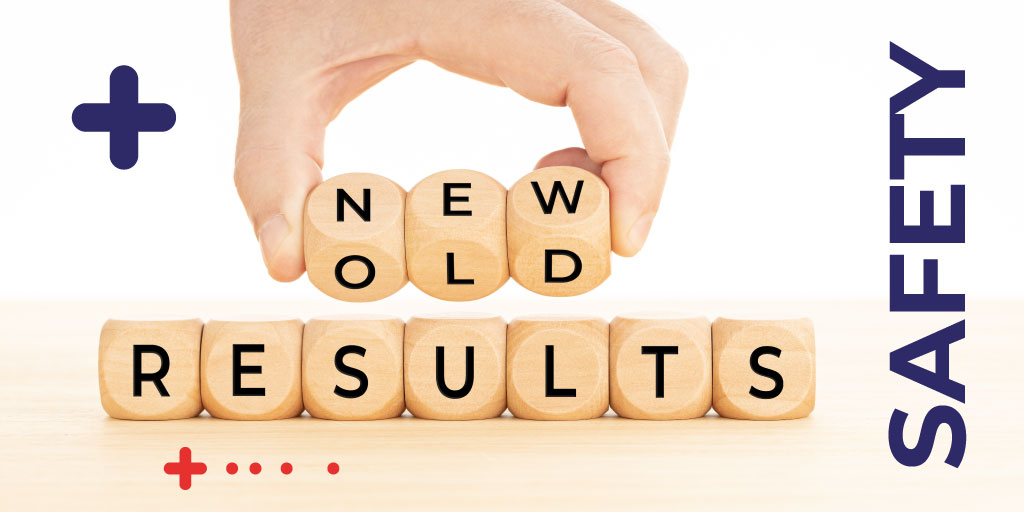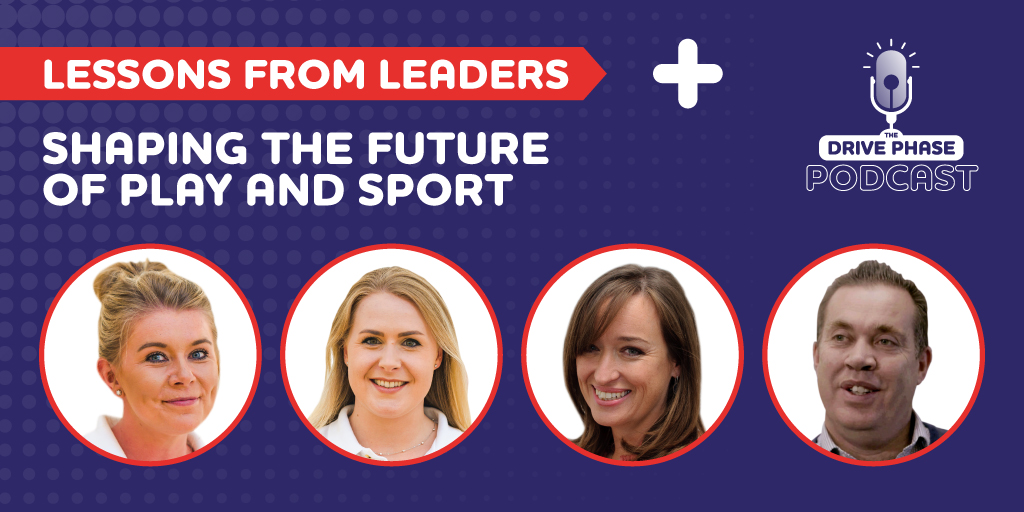The commitment to safety in activities companies and organisations is central to their business models. Risk assessments now need to take into consideration GDPR for online content, safety regulations and even restrictions based on the predicted prevalence of viruses impacting the general population.
Risk assessments can list areas with obvious impacts on safety such as equipment, venues, and safeguarding. So making persuasive arguments for the necessity of your services, especially as an external operation is essential. Stakeholders include government, parents and communities that are most affected and most pressed for providing solutions to contemporary problems.
So how has the activities sector responded?
The perception of safety
For parents especially, there is a pervasive impression of a lack of safety in the contemporary context. 24-hour news cycles and sensationalisation in the media have given parents and carers a distorted view of how safe their environments are. In the 21st century, when it comes to road safety, crime and even sickness, children are demonstrably safer than in any other period.
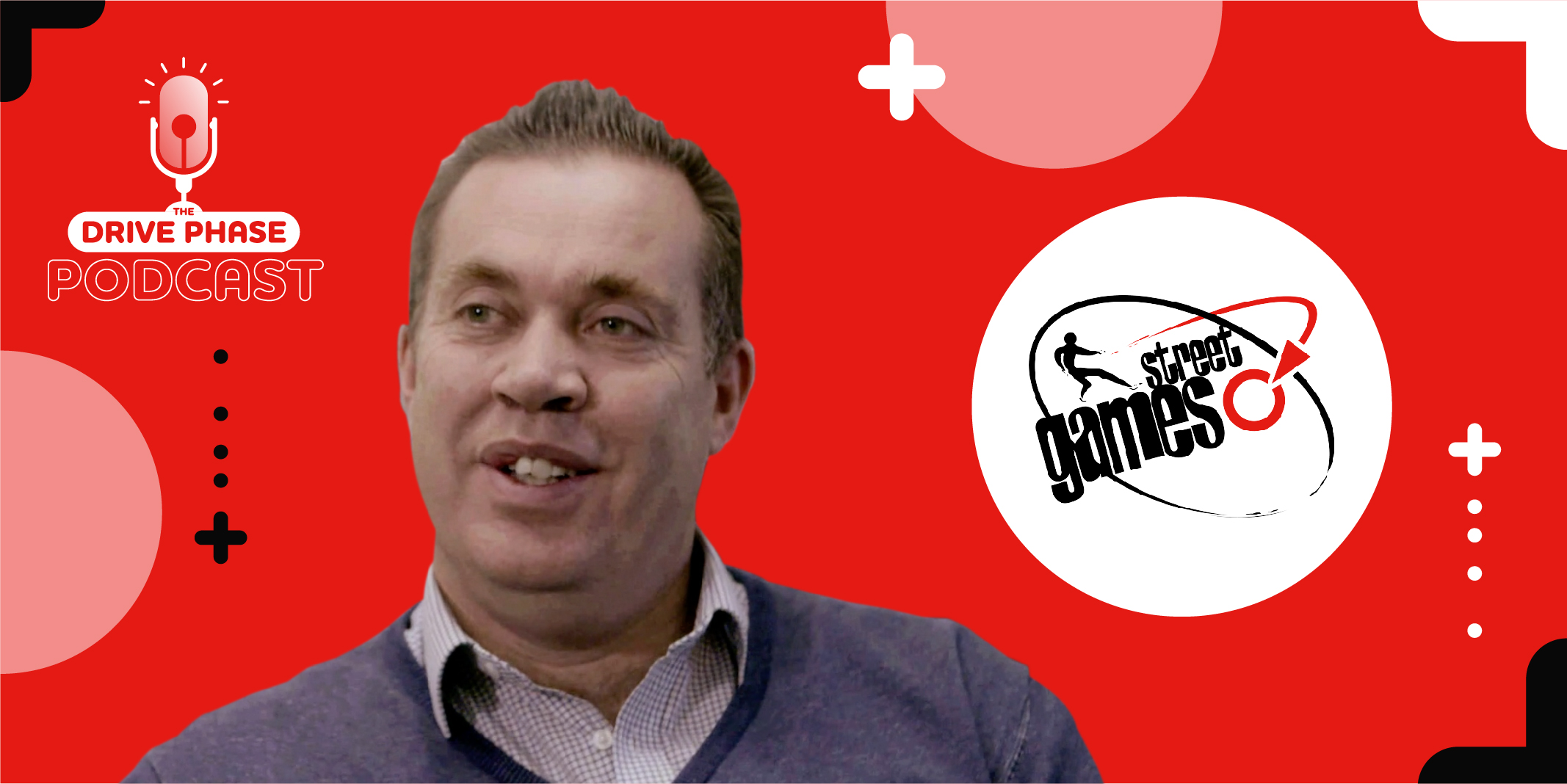
CEO of StreetGames, Mark Lawrie, argues that the assumptions that most parents make often result in a reluctance to consider outdoor play and activity. Speaking on The Drive Phase podcast, he added:
“If you look at the data, children are safer now than they were 30 years ago. Our 24-hour news cycles which focus on some of the worst stories, mean that most parents including myself are often afraid to let their children go to the park on their own.”
The primary competition for the sector is not just the perception of safety but that our modern lifestyles are largely sedentary. More than 2/3rds of occupations are entirely sedentary, where people spend most of their time at desks or at computers.
For Mark Lawrie and many others, it’s now the responsibility of the sector to convince stakeholders of the importance of physical activity. Not just for enjoyment, but to protect health and social care sectors and ensure mental and physical wellbeing for the future.
Safety for Parents
The activities sector constantly responds to the changing standards of safety. As the contemporary environment changes, as does the understanding of what safeguarding consists of. Today, those external structures include the advent of new technologies and pandemics that encourage sedentary lifestyles as well as cost of living increases.
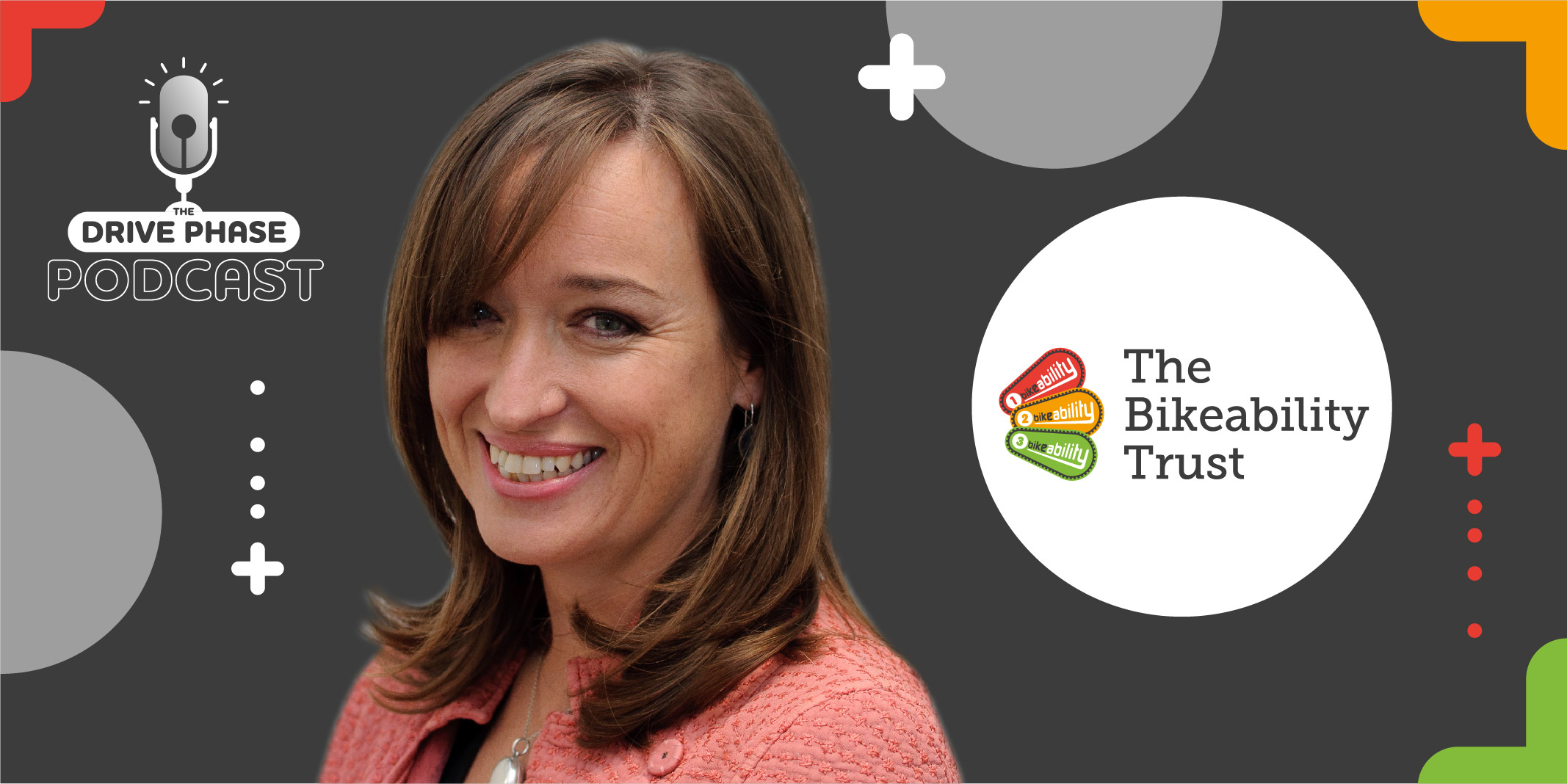
Emily Cherry, the Executive Director of The Bikeability Trust, is well aware of this dynamic. Bikeability is the leading organisation encouraging safe cycling and administers training to children, adults and instructors across the country. She references how the organisation under her leadership responds to the changing structure of safety in the context of bike training and skills.
“Our Sustrans research showed that more than 70% of parents want their children to attend a psychomotor school. And nearly 90% believe that Bikeability programmes should be a statutory requirement on the curriculum. What’s key is that whilst there is a universal agreement for the need for bike training, dangerous roads and pollution are consistently cited as key areas that prevent them from investing their children in active travel.”
These concerns aren’t unfounded. Whilst road collisions involving children and young people have reduced over the years, there is still a need to tackle these safety concerns with initiatives that set parents’ minds at ease.
Bikeability is changing the conversation by providing a service that fits that need. By publishing Safe Routes, a cycling infrastructure that creates safe routes to and from school, there is more of an incentive to get parents and stakeholders in government to commit to its importance. This puts the focus on how enjoyable the activity can be, especially with proper training.
Building safety into your platform
All activities providers have to think about how they provide safe environments, but how do you proceed when you have to build a platform with safety at its heart? Joymo is such a platform, born out of a passion to bring a high-quality, safe streaming experience to grassroots youth sports and longtail sports.
Those who work in grassroots sports are no less passionate about their local or regional games than a fan of a huge club. Mike Emery, with his experience in children’s charity in sport, knows this instinctively. With the advent of streaming services through social media, safeguarding, GDPR and viewing experience weren’t being considered seriously.

When Mike Emery joined the organisation as CEO, his main competitors were some of the more traditional aspects of the sporting world. He added on The Drive Phase podcast:
“Whether you’re a fan of your children or your daughter’s handball club, the need for a great viewing experience is the same. We wanted to create a user experience that was reflective of the passion people had for longtail sport, grassroots sport, youth sport, university sports, and children’s sports in a safe way. For us, however, progress can be slow because money often speaks far too loudly in places where experience should be more significant.”
The impact of COVID-19
Outside of medical research, COVID-19 was a shock to the system. New standards of safety became the norm. All sectors were impacted, none so more than swimming pools, which were already facing serious dilapidation with services cut by lockdowns and restrictions.
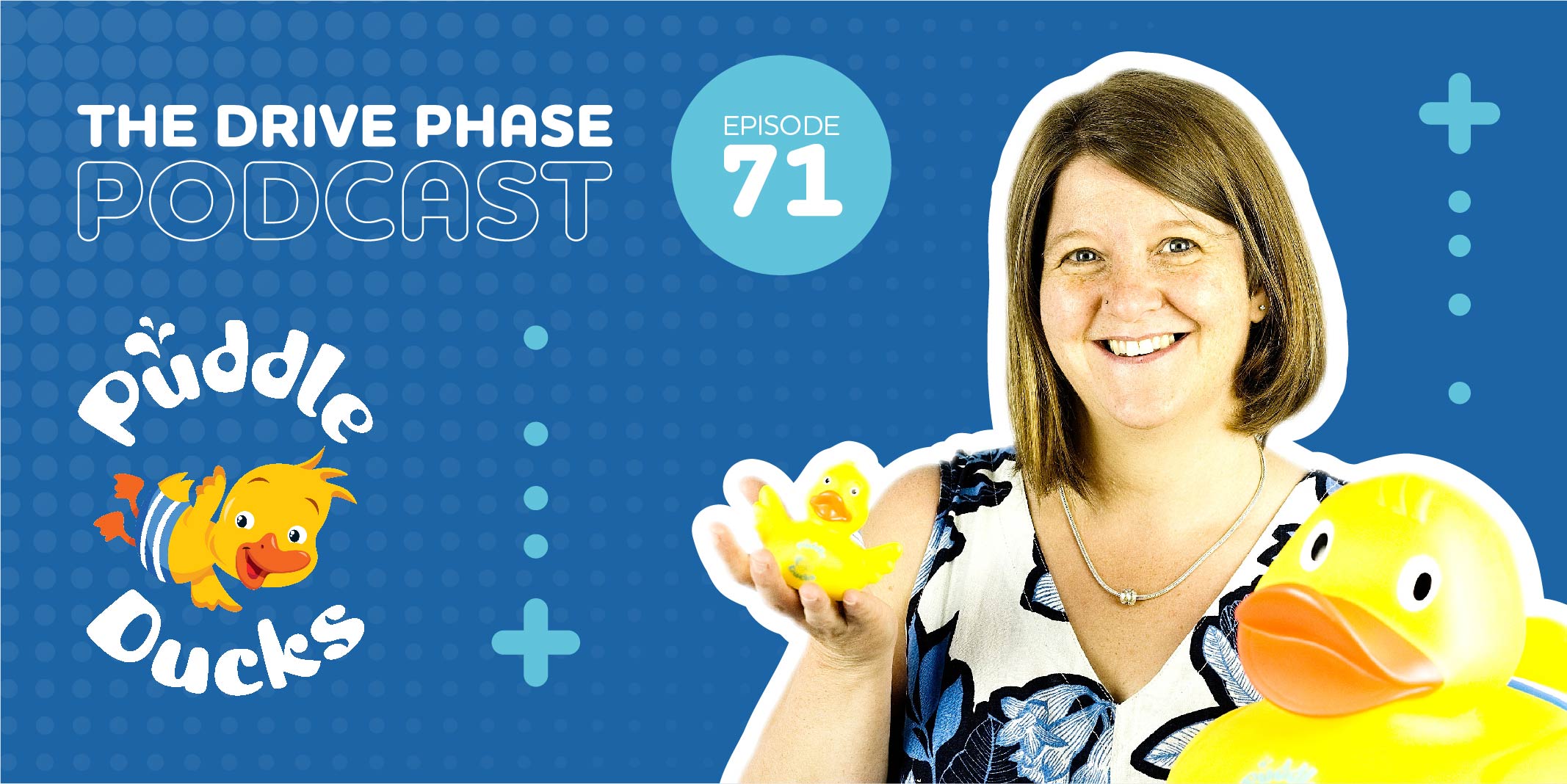
Ali Beckman, Technical Director of Puddle Ducks, is no stranger to this problem. As swimming pools across the country come under threat, she and many others in this sector are seeking commercial solutions.
“COVID-19 meant that many pools whether in schools, hospitals or community leisure centres were facing restrictions that kept them closed. For those children with special needs who were less likely to be able to get to pools due to safety concerns because of the virus. The biggest hit were those community pools that were already falling into disrepair before the pandemic hit. With rising costs and little intervention, many are forced to either raise their prices or close the doors altogether.”
Puddle Ducks has started a programme of activities that includes helping franchisees build pools and offering a range of support online to encourage swimming skills. Their YouTube channel has lessons in swimming, often without a swimming pool and is aimed at reaching those in lower socioeconomic backgrounds who are more likely to be impacted by the reduction in swimming facilities.
Safety is and should be the highest concern for the activities sector. Changing conversations and providing commercial solutions have the capacity to help those across the sector. The importance is not just commercial, but for the long-term health and wellbeing of the general public.
To hear more from our guests, check out The Drive Phase podcast. Released weekly, we speak to the leaders of our sector and beyond.

